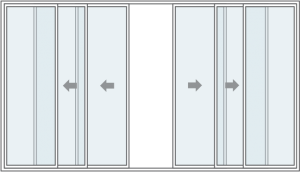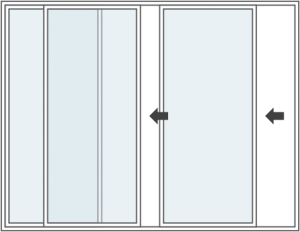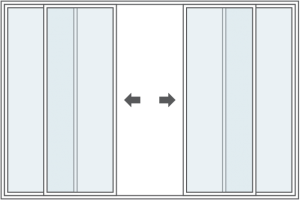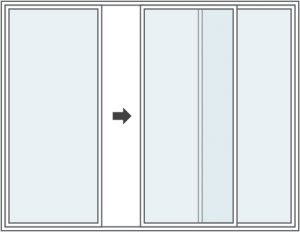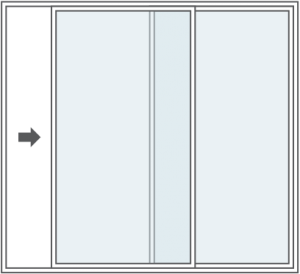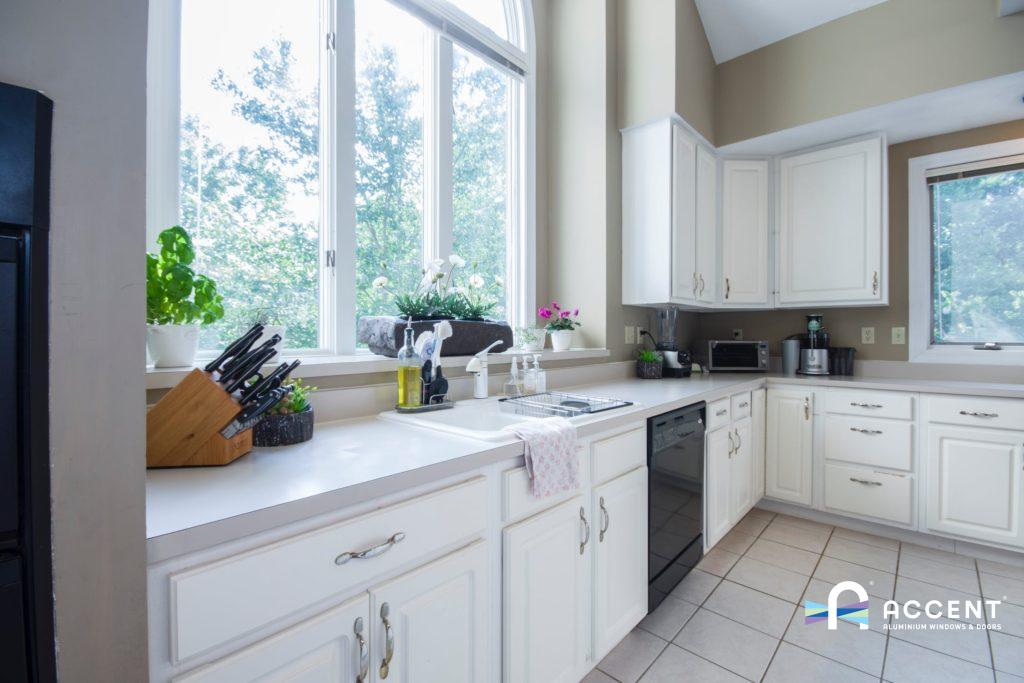
We’ve all heard of double glazing, but aside from when you’re treating yourself to a glossy iced doughnut, what does it actually mean?
Let’s break down how it works and the benefits of using double glazed glass in your home.
What double glazing actually means
Double glazing means two panels of glass have been sealed with a small gap in between. This gap is airtight and helps to insulate your home and reduce noise levels. Plus two panes of glass are harder to break than one, adding security to your home.
You might also see this double sheet system referred to as IGU, which stands for Insulated Glass Unit.
Double glazing and efficiency
The two panes of glass are separated by a layer of argon gas, which is a poor conductor of heat. This means it keeps warm air from escaping and acts as an effective insulator.
The efficiency of windows is rated using the Windows Energy Rating Scheme. Double glazing certainly increases this rating, but remember this score is relative, not absolute. There are also steps you can take to reduce energy costs with your home’s windows. When selecting windows and doors for energy efficiency, positioning is vital and clever shading will ensure the best results.
Double glazed windows help to maintain the temperature inside your home and can save you lots of money on energy bills. Think about how much energy goes into heating and cooling your home year on year. Convert that to dollars and the scope for saving is huge.
Double glazing and noise
A secondary benefit of double glazing is that it may assist in reducing noise.
The acoustic weighted reduction (Rw) is a measure of how much the glass is able to reduce noise levels. To understand how it works: if the Rw is increased by one, this translates to a reduction of approximately 1db in noise level.
The human ear cannot notice the difference in a couple of decibels, but a 10db decrease in sound is subjectively heard as halving that sound. That’s a big difference!
To put this into context, a window with a rating of Rw31 means that normal conversation can be heard, but is too soft to be understood, which is a good level of noise reduction for your home.
The choice is yours
For comparison, single glazed means there is one sheet of glass. Thicker glazed glass is harder for sound waves to pass through, resulting in a reduction of low-frequency noises like traffic.
If energy efficiency and insulation against temperature and noise are what you’re looking for, double glazing is the way to go. Even if the initial cost is higher, it will pay for itself over time in reduced energy costs, decreased environmental impact and increased home value.
If you’re still not convinced or have further questions, reach out to us and we’ll help you make the right decision.

